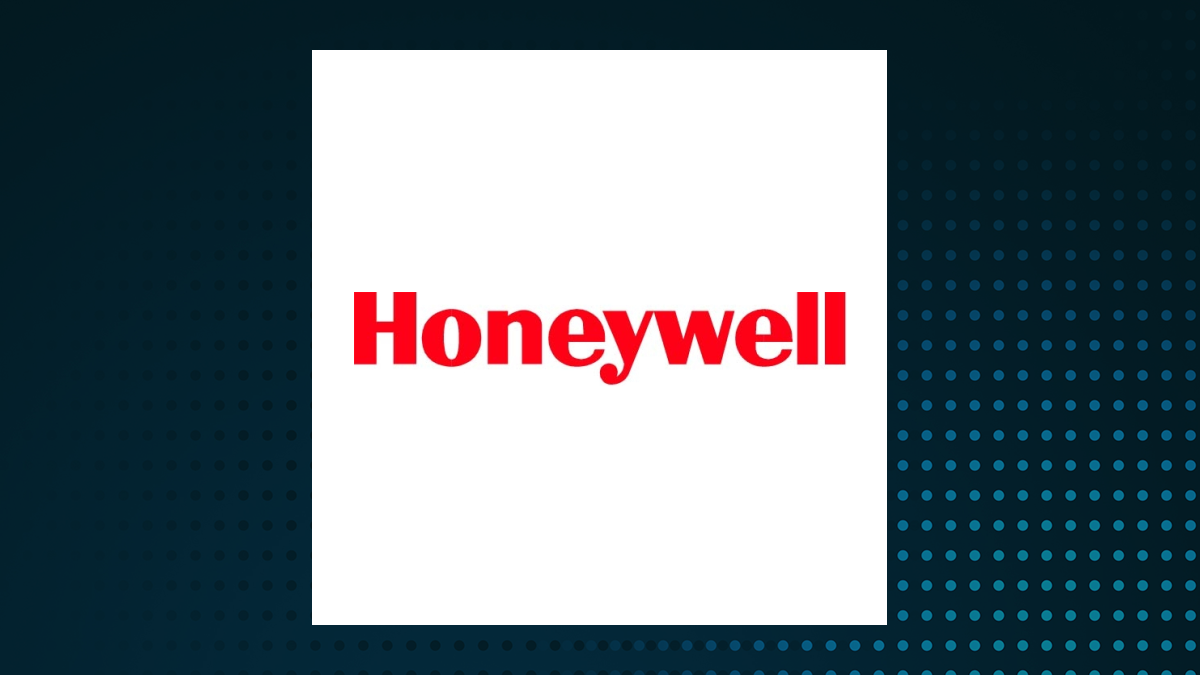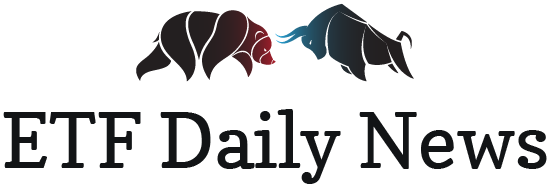 Honeywell International Inc. has been successfully navigating through macroeconomic challenges and geopolitical events by implementing pricing actions, supply chain diversification, and product innovation strategies. Despite facing risks from global conflicts and supply chain disruptions, the company has managed to reduce supply risk, accelerate innovation, and expand market penetration. With a focus on mitigating risks, collaborating with suppliers, and ensuring product reliability, Honeywell aims to sustain its growth and competitiveness in the market. Their forward-looking guidance takes into account ongoing economic conditions and geopolitical uncertainties, paving the way for continued success in the future.
Honeywell International Inc. has been successfully navigating through macroeconomic challenges and geopolitical events by implementing pricing actions, supply chain diversification, and product innovation strategies. Despite facing risks from global conflicts and supply chain disruptions, the company has managed to reduce supply risk, accelerate innovation, and expand market penetration. With a focus on mitigating risks, collaborating with suppliers, and ensuring product reliability, Honeywell aims to sustain its growth and competitiveness in the market. Their forward-looking guidance takes into account ongoing economic conditions and geopolitical uncertainties, paving the way for continued success in the future.
Executive Summary
Financials
Revenue has been steadily increasing over the past three years, driven by higher organic sales in Commercial Aviation Aftermarket, Defense and Space, and Commercial Aviation Original Equipment. Sales volumes have risen due to increased flight hours and shipments, resulting in a $558 million increase in Q1 2024 compared to Q1 2023. Operating expenses have evolved with higher material and labor costs offset by increased productivity. There are significant changes in cost structures with a 4% increase in costs due to direct and indirect material costs and labor costs, partially offset by a 2% increase in productivity. The company’s net income margin increased due to higher gross margin in Q1 2024. It improved compared to Q1 2023. The company’s net income margin is higher than industry peers.
Management Discussion and Analysis
Management has implemented pricing actions, supply chain diversification, and product innovation strategies to mitigate supply chain disruptions. These initiatives have been successful in reducing supply risk, accelerating new product innovation, and expanding market penetration. Management assesses the company’s competitive position by leveraging short and long-term strategies to reduce supply chain disruptions. They highlight global conflicts causing volatility in financial markets and supply chain shortages, impacting inflationary pressures. Management identified risks of supply chain disruptions due to global conflicts and geopolitical events. Mitigation strategies include pricing actions, long-term planning for materials, supplier development, and product alterations. Additionally, collaboration with suppliers helps minimize impacts on manufacturing capabilities.
Key Performance Indicators (KPIs)
Risk Assessment
The top external factors that pose risks to the company operations and financial performance include ongoing macroeconomic and geopolitical risks, lower GDP growth or recession, capital markets volatility, inflation, and certain regional conflicts. These factors can significantly impact both near- and long-term performance. HON assesses and manages cybersecurity risks by leveraging short-term and long-term mitigation strategies, including digital solutions to identify and manage shortages. They also conduct product quality controls and engineering qualification for new or altered products to ensure reliability. Yes, the company is facing lawsuits, investigations, and claims related to its business operations. HON recognizes liabilities for such contingencies and continuously assesses potential losses with the help of legal counsel and experts to minimize impact on financial position and reputation.
Corporate Governance and Sustainability
The board of directors includes Robert D. Mailloux as Vice President and Controller. There are no notable changes in leadership or independence mentioned in the given information. The company’s mitigation strategies include pricing actions, new supplier development, and direct engagement with key suppliers to reduce supply chain disruptions. There is no explicit mention of diversity and inclusion practices or a commitment to board diversity in the provided information. HON discloses its energy and sustainability solutions with net sales data. It demonstrates commitment to responsible business practices through transparency in environmental and legal proceedings, showcasing a dedication to ESG metrics and initiatives.
Forward Guidance
The company’s forward-looking guidance aligns with its strategic initiatives and priorities outlined in the annual report by addressing trends, industry conditions, and potential risks that could impact future performance. HON is factoring in ongoing macroeconomic conditions and geopolitical events, such as global conflicts and supply chain disruptions, into its forward-looking guidance. It plans to mitigate supply chain risks through pricing actions, new supplier development, and product innovation to capitalize on these trends. HON is committed to long-term growth and competitiveness through mitigation strategies, new product development, and supplier collaboration to reduce supply chain risks and accelerate innovation. By actively monitoring macroeconomic conditions and adapting to global conflicts, they aim to sustain their success in the market.
For more information:
This article was created using artificial intelligence technology from Klickanalytics.
